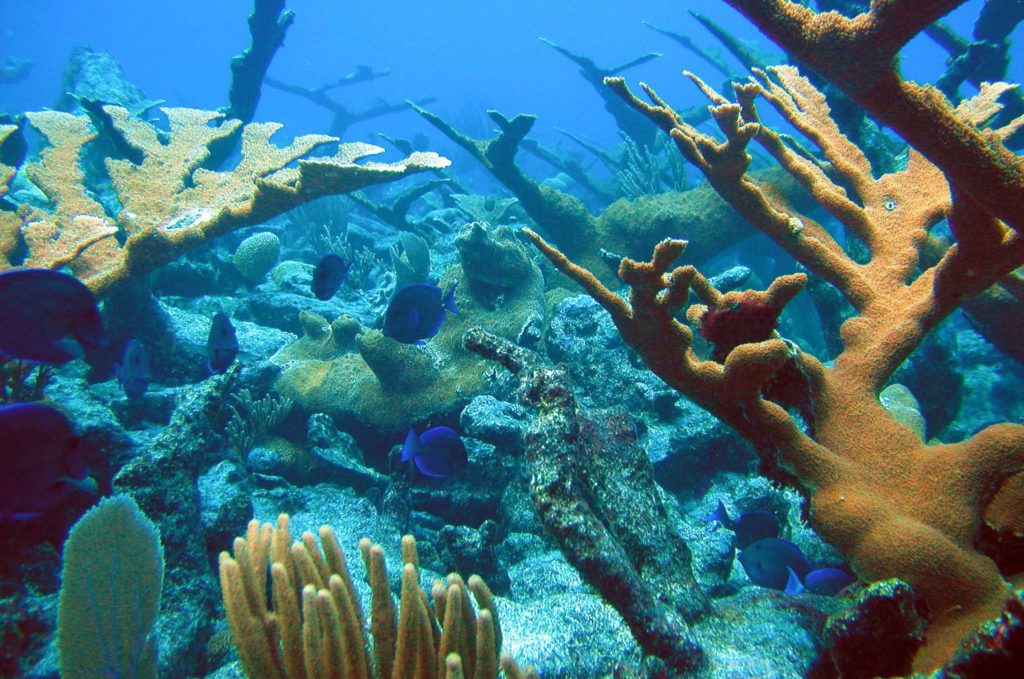Jacobs Law Clinic Asks Court to Stop Puerto Rico Coral Reef Dredge

Last week, Stetson’s Jacobs Public Interest Law Clinic for Democracy and the Environment submitted an amicus brief to the D.C. Circuit Court of Appeals calling on federal officials to halt a project that could be detrimental to a coral reef system off Puerto Rico’s coast.
Filed on behalf of two Ph.D. scientists criticizing the U.S. Army Corps of Engineers’ approval of a dredge project that the scientists fear will harm coral in San Juan Bay, the brief and declaration from Dr. Rachel Silverstein of Miami Waterkeeper documents the federal government’s failure to learn lessons from dredge projects in South Florida that damaged coral.
“The Corps’ failure to learn lessons from the PortMiami dredge is egregious,” said Dr. Rachel Silverstein of Miami Waterkeeper. “In the PortMiami project, dredging likely killed millions of corals and destroyed over 278 acres of reef. Now, the Corps is once again failing to protect corals in Puerto Rico. With devastating coral losses incurred in recent years, it’s an absolute imperative to prevent more damage to corals in San Juan.”
An ecosystem in peril
The proposed project coincides with catastrophic events like coral bleaching, brought on by pollution and a warming climate. The importance of protecting vibrant coral reef ecosystems like that which lies off San Juan Bay goes beyond the intrinsic value of good environmental stewardship. This complex, enchanting seascape is critical to the island’s economy through sustaining countless aquatic species.
“We are hopeful that the information we’re submitting to the court will help it understand just how wrong the federal government is on this one,” said Professor Jaclyn Lopez, the director of Stetson’s Jacobs Law Clinic. “These coral are already under so much strain from climate change, we should be doing all we can to protect them from easily preventable harm.”
The scientists brought the amicus brief with community-based environmental groups in Puerto Rico who oppose the project. Those groups are represented by the Vermont Law’s Environmental Justice Clinic.
Post date: Oct. 17, 2023
Media contact: Kate Bradshaw
[email protected] | 727-430-1580